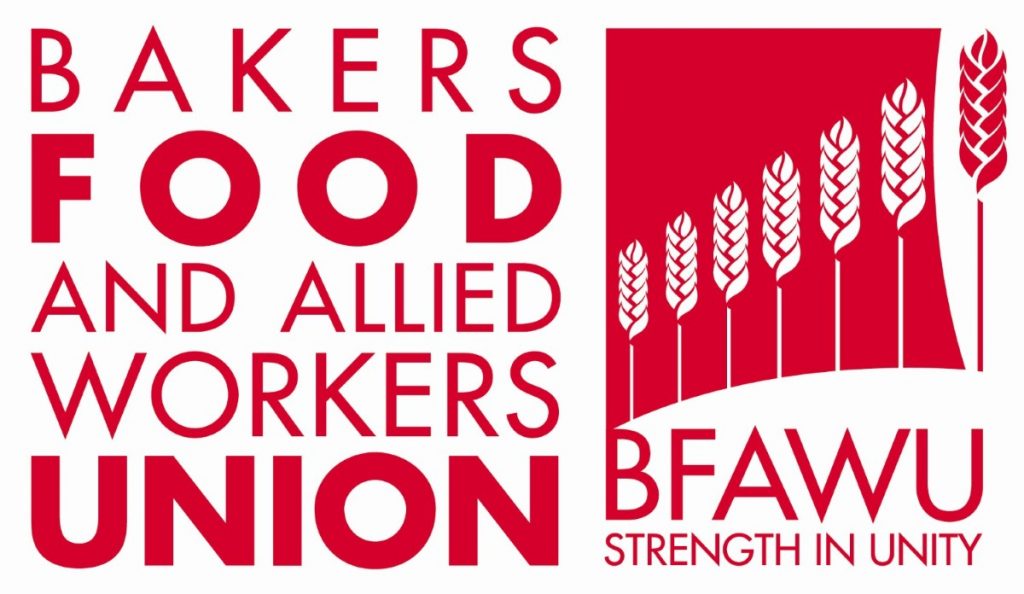BFAWU: Leading economist calls for end to austerity
Ann Pettifor – of PRIME ECONOMICS poured cold water on Tory Chancellor George Osborne’s austerity measures, rejecting assertions that the UK economy is bankrupt and that cuts were the only solution.
Instead she called for mass investment in productive industries, explaining that employment leads to raised incomes and bigger profits for companies in order to pay down their debts.
“Employment creates income, it is not complicated,” she told BFAWU delegates at their annual conference.
“You get a new job and that puts money in your pocket for spending in the wider economy. This leads to firms increasing profits and they use the extra revenue to pay down their debts.”
“Osborne’s austerity is stopping this process.”
Rather than attempting to deal with the austerity as the Chancellor has claimed, Ms Pettifor accused Mr Osborne of using the recession as an opportunity to dismantle the welfare state.
“Increased employment would be good for Osborne. It’s the way to cut the deficit,” she said.
“However he is using opportunity to smash up the welfare state. Austerity has nothing to do with bringing down the deficit.”
Ms Pettifor who has also criticised Labour Shadow Ministers for accepting the “cuts rhetoric” albeit at a slower pace, pointed out that debt although high was at the present time small in comparison to the post war period of 1945.
“Then the public debt was 246 per cent of GDP compared to 70 per cent of GDP today and post war Labour government under took mass investment and took businesses into public ownership,” she said.
In a call to the labour movement in general, Ms Pettifor said it was “not enough for the labour and trade union movement to blame bankers.”
“We need an alternative,” she added.
“I am glad we bailed out the banks but disappointed that it was without terms and conditions to keep bankers in line.”
– For further enquiries or an interview with BFAWU General Secretary Ronnie Draper, please contact John Millington on 07931316547 // jmillingtonjournalist@gmail.com
Notes to Editors:
· Ann Pettifor is a Director of Policy Research in Macroeconomics (PRIME) and a fellow of the New Economics Foundation, London. She is the author of books on sovereign debt and international finance. She is best known for her leadership of a worldwide campaign to cancel approximately $100 billion of debts owed by 42 of the poorest countries – Jubilee 2000. In 2003 she correctly predicted the bursting of the credit bubble ("The Credit Crunch") in a book she edited for the New Economics Foundation The Real World Economic Outlook (Palgrave, 2003).[1] In 2006 Palgrave Macmillan published her book The Coming First World Debt Crisis (Palgrave, 2006). She is a co-author of the Green New Deal, published by the New Economics Foundation in July 2008 – a set of policies to deal with threats posed by the Credit Crunch, Peak Oil and Climate Change.
· She is also Executive Director of a consultancy Advocacy International, which undertakes research and advises governments and organizations on matters relating to international finance and sustainable development. Advocacy International has worked with the Nigerian, Guyanese and Ethiopian governments, and advised the Global Fund for Aids, the Queen of Jordan and the Norwegian and British governments as well as prominent NGOs. She currently advises a group of British churches on their climate change campaign, Operation Noah.
· The BFAWU represents over 20,000 workers in food, baking and allied services industries across the UK and Northern Ireland.
· It is an affiliate to the UK Labour Party.
· The Bakers, Food and Allied Workers' Union (BFAWU) is a trade union of workers in the food industry. It was founded in 1847, in Manchester, by a group of Journeymen Bakers.
The next year, the organisation began to operate on a national level, and became the Amalgamated Union of Operative Bakers. In 1861 it played a key role in campaigning to secure the Bakehouse Regulations Act, which was eventually passed in 1863.
· In 1964, the union was renamed the Bakers' Union, which then evolved to the Bakers, Food, and Allied Workers' Union.





-01.png)